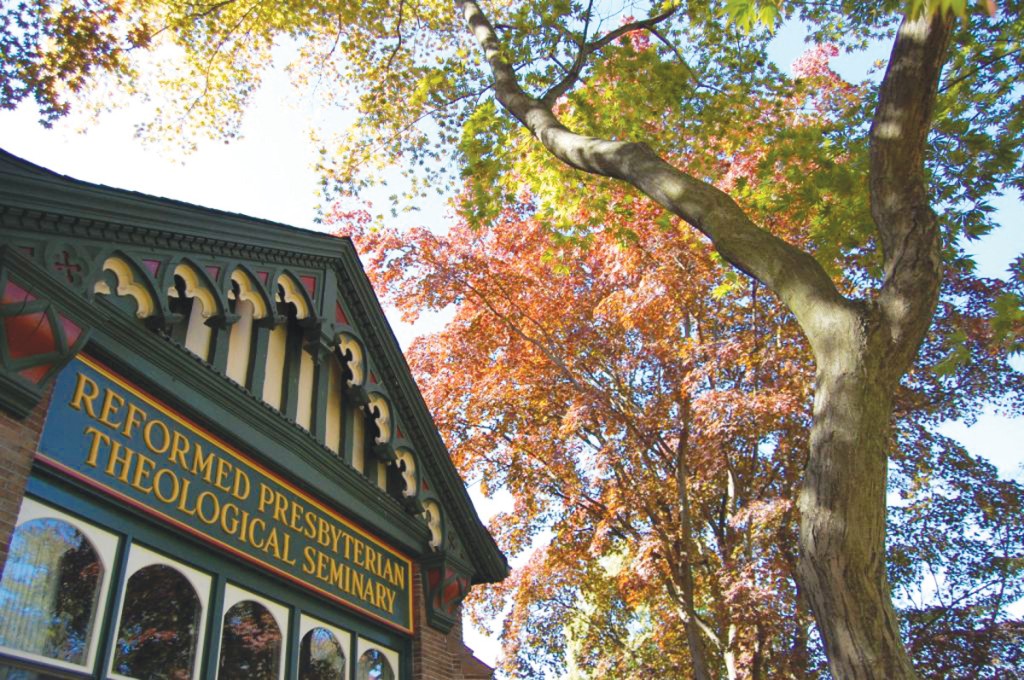The short answer is that God gives a pastor to a congregation. I remember when young men, eager to become pastors, were asked in a presbytery exam, “Are you God’s gift to the church?” Piously and humbly, these students replied no. The examiner looked at them sternly and repeated, “Ephesians 4:8 and 11; are you God’s gift to the church?” Slowly, the truth dawned. Ultimately, a pastor does not choose his church, and churches do not choose their pastor. God gives pastors to churches.
God does not beam pastors into churches where they simply materialize as on the starship Enterprise, nor does He transport them around by means of mystical spiritual power, like Philip in Acts 8:39–40. Normally, God gives pastors to churches through an ordinary and rather mundane process. This process has two steps: licensure and candidating. The first step, licensure, establishes that this man is, in fact, qualified to receive a call. The second step, candidating, establishes that ...
